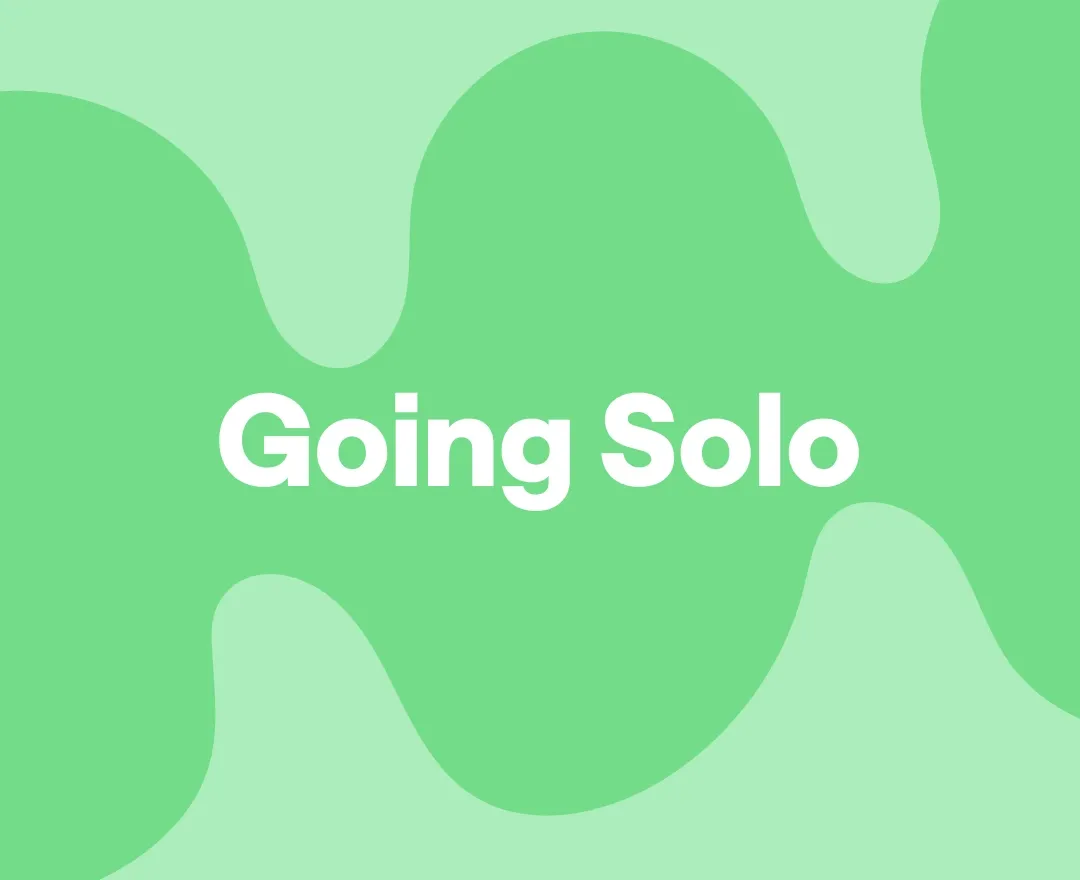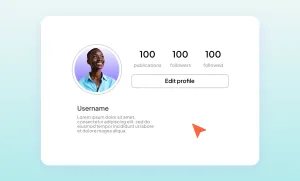Is it better to go solo, and become an independent content creator, or create content as part of a team?
Most creators will ponder this question at some point in their careers, but frustratingly, there’s no straightforward answer.
While going solo means more creative freedom and unlimited income potential, joining a content group or working for a media company promises job security, better resources, and much more.
The people best positioned to give a balanced answer to this question are those who have done both, kicking their careers off as co-hosts or contracted employees before venturing off to do their own thing.
Let’s look at three examples of creators who have done just that — and won big!
George Janko and Impaulsive
In 2023, George Janko caused waves online when he left his role as the co-host of Logan Paul’s Impaulsive podcast.
After branching out on his own, Janko was free to launch his own podcast, The George Janko Show, leveraging his existing fanbase to separate his brand from Paul’s.
Janko later opened up about his decision to leave Impaulsive, saying that he felt constrained by the group dynamics, experienced creative differences, and wanted more autonomy to pursue his own creative vision.
As Janko now has a huge following of his own, brand deals, and big names appearing on his podcast, it’s clearly worked out for the best.
Cleo Abram and Vox
Video journalist Cleo Abram left Vox Media, where she got her start hosting its YouTube Originals show Glad You Asked, in 2022 to launch her career as an independent creator.
During her time at Vox, Abram built a reputation for insightful and engaging journalism and won a legion of fans who stayed loyal as she launched her own online series on YouTube and TikTok.
Without the constraints of Vox’s editorial policies, Abram can delve deeper into the topics she’s passionate about. Every optimistic tech video she creates is imbued with an authentic and infectious sense of awe, helping expand her personal brand and close connection with her audience.
Everyone and Buzzfeed
Here are just a few of the video producers who made headlines after leaving Buzzfeed to pursue their own dreams: Emmy Award-winning writer and actress Quinta Brunson, Ghost Files’ Ryan Bergara and Shane Madej, YouTube legend Safiya Nygaard, and — of course — The Try Guys, who famously went on to establish their own production company.
While not all these creators capitalized on the “Why I left Buzzfeed” video trend, this format was a huge meme in the 2010s after dozens of creators credited with driving the entertainment company’s viral content and immense popularity jumped ship.
Originated by Kenny Moffitt after his departure in 2016, these videos highlighted the creative restrictions creators faced at Buzzfeed; most cited tight editorial control, limited creative freedom, high production quotas, and a lack of ownership of their unique ideas as their reasons for leaving.
These creators felt working for Buzzfeed placed a cap on their potential and left to create their own brands where they had full creative control — taking their loyal fans with them.
Should you go solo?
These examples have shown that going solo is often the best decision. If you’re wondering if it’s the right decision for you, consider these benefits of setting up shop on your own.
Creative freedom
No one begins a creative career dreaming of bringing others’ ideas to life. As an independent content creator, you have full control over your content, style, and direction, and the only expectations you have to adhere to are your audience’s
Flexible schedule
Working alone means working at your own pace. You decide your upload schedule, how long your videos or podcast episodes should be, and when you work.
Financial independence
With the exception of fees, taxes, and salaries, you can keep a much larger share of your profits — and have no limit to your earning potential.
Ownership and control
One of the biggest motivators for creators cited for leaving Buzzfeed was maintaining ownership of their ideas and intellectual property. When you go solo, you have complete control over how your work is used and monetized — and never have to hand your best ideas over to an employer.
Direct audience engagement
Removing the middleman means engaging directly with your audience, building a closer connection, and inspiring loyalty to your brand.
Growth potential
When you’re in charge of your career trajectory, you can choose to try new things, launch new channels, or diversify your revenue streams by exploring different platforms. Fewer limitations mean greater authenticity and potentially explosive growth!








